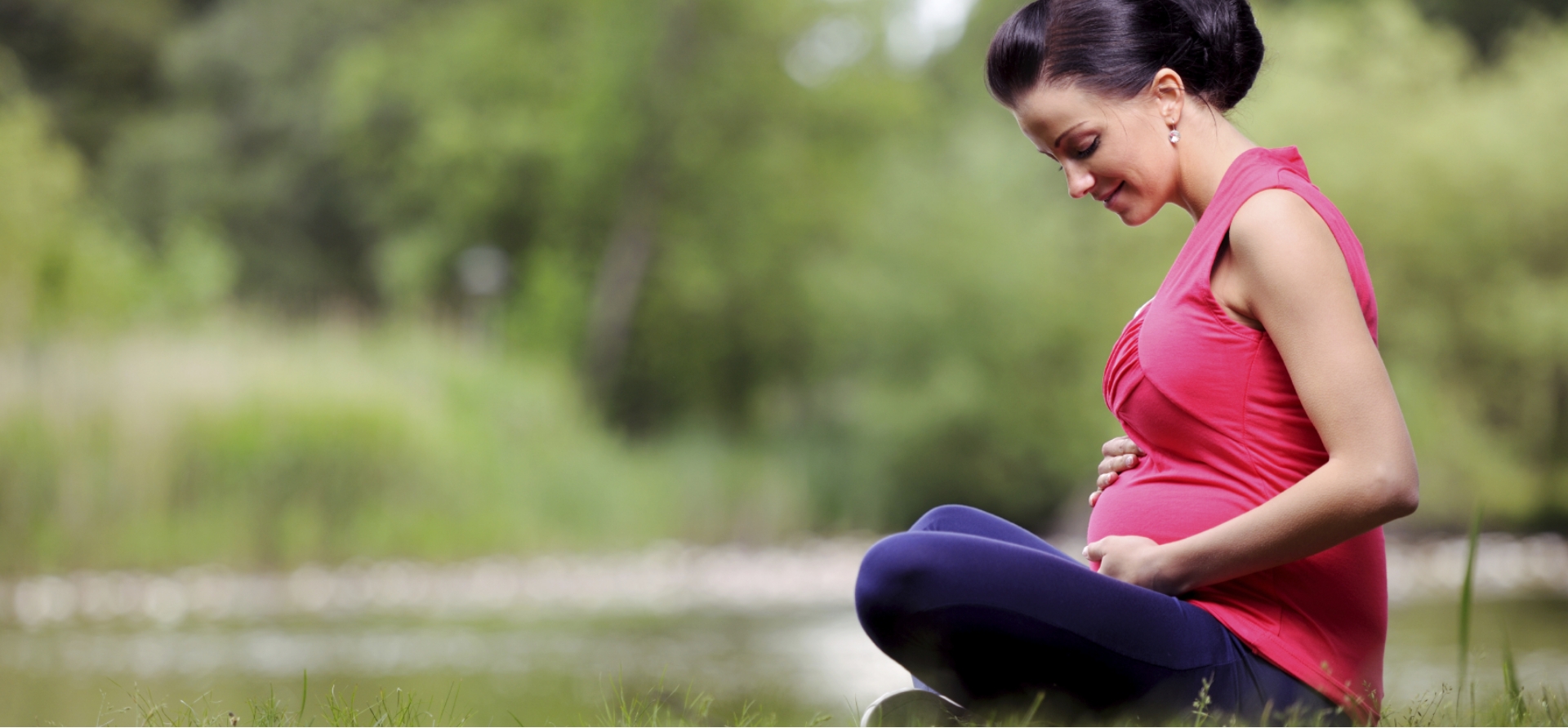
Medical Negligence
Obstetrics and gynaecology claims
Sadly pregnancy and gynaecological problems due to medical negligence are all too common. If you have been affected, do get in touch with our experienced and caring team.
Although bringing new life into the world should be an exciting and joyous time, in a minority of cases, complications and mistakes in diagnosis and treatment can happen during pregnancy, childbirth and the postpartum period.
Sadly gynaecological claims are the third most common type of claim received by the NHS. This clearly shows the prevalence of mistakes that occur within pregnancy and gynaecological services.
What are the most common types of claims?
Incorrectly performed episiotomies
An incision made in the perineum during childbirth to aid delivery which if performed incorrectly can have devastating impacts.
Pre-eclampsia mismanagement
Pre-eclampsia is a tricky complication that affects both the mother and baby. If not treated correctly or quickly, it can be life-threatening to both.
Uterine rupture
A uterine rupture occurs when there is a tear in the wall of the uterus. Most commonly, this is the result of having a previous caesarean section scar but can also occur in other circumstances. You may have a case in negligence if there have been delays in diagnosing and managing uterine ruptures, there has been a failure to identify the need for a caesarean section or improper use of oxytocic medication to induce labour leading to a uterine rupture.
Pudendal nerve damage
The pudendal nerve is stretched during a vaginal delivery; it should resolve itself a few weeks after delivery, but the nerve can be permanently damaged during difficult labour as a result of a mismanaged delivery.
Third or fourth degree perineal/vaginal tears
A perineal tear can occur during birth. Whilst tearing is an accepted and common complication of a vaginal birth, more serious tears (third and fourth degree tears) can occur because of substandard maternity care such as failure to take steps to minimise the risk of tearing and/or delay in diagnosing and properly repairing a tear. Tears can also be a result of incorrect use of forceps or in some cases, the failure to convert the delivery to a caesarean section.
Postpartum prolapse to pelvic organs
Pelvic organ prolapse occurs when the pelvic muscles are weakened and as a result, one of the organs inside the pelvis such as the uterus, bladder or rectum drops down towards the vagina causing significant problems and discomfort for the mother. Whilst a prolapse can happen organically, it can also occur because of negligent care during labour where a vaginal delivery has been particularly complicated.
Injuries to organs during c-sections
Internal organs such as the bladder or bowel are at risk of injury during a caesarean section due to them lying so close to the uterus. Whilst the damage itself may not be negligent, failure to recognise and repair the damage may result in further complications and harm.
How do I bring a claim?
In order to bring a claim, our specialist clinical negligence team will have to prove that there has been a breach of duty i.e., that the care provided to you by a medical practitioner has fallen below a standard that no responsible medical practitioner would have provided and that the breach of duty resulted in an avoidable injury, otherwise known as causation.
The solicitor that has conduct of your case will obtain independent expert input on the care provided to you and whether the above two criteria have been met. If it can be established that negligence has occurred, we will write to the defendant to notify them that a claim is being made against them.
Liability will need to be established. If the defendant is denying liability, proceedings are issued in court in anticipation of a trial. Often, however, cases are settled out of court.
The value of your case will be dependent on several factors such as:
- The severity of the injury, which includes your future prognosis and treatment options
- Any ongoing medical/rehabilitation or care costs; we look at your current and future needs
- Loss of earnings; whether you have had to take any time off work, change career or stop working entirely
- Costs of any specialist equipment
The losses will be specific to your case and your circumstances. While the above are some of the more general factors that are considered, we always take care to investigate and present the losses that apply to you.
How much does a claim cost?
Clinical negligence cases can be extremely expensive to run which is why we offer a conditional fee agreement, otherwise known as a ‘no win, no fee’ agreement. If your case is successful, the defendant will pay your legal costs. If your case is not successful, in the majority the solicitors’ fees are waived and the legal expenses insurance taken out at the start of the case covers any disbursements that have been paid out, like expert’s fees.
In a limited number of cases, Legal Aid funding is available for compensation claims following clinical negligence incidents which result in a baby suffering a severe brain injury during pregnancy or shortly after birth.
Funding arrangements are complex agreements and can’t be summarised in two paragraphs. We will go through in detail with you how it works and the implications for you.
How long do I have to bring a claim?
You have three years from the date of the injury, or from the date you became aware of the injury, to issue proceedings, known as the limitation period. You must issue proceedings during this period, or you may be barred from doing so unless a small number of exceptions apply, such as you lack mental capacity, or are under the age of 18.















